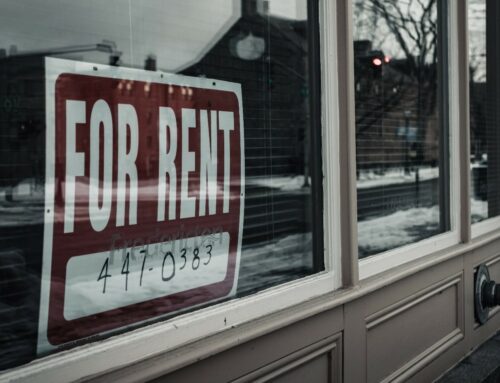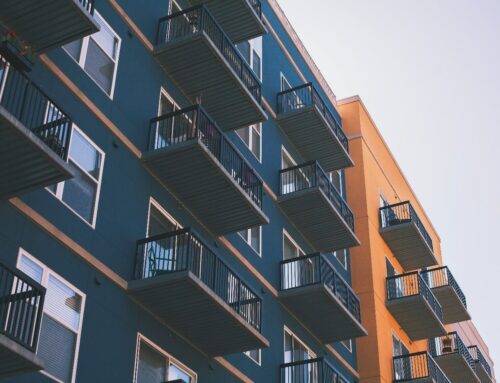As a commercial real estate tenant, you will have to consider several factors when looking at listings for rental properties. Not only will you have to conduct some basic background checks and get an idea about expectations, but you will also need to determine the type of lease you desire,
Choosing the right lease for your property ensures you are protecting your interests. Your commercial real estate broker will always advise you. Still, to give you an idea, we wanted to cover the topic of Double Net Lease (NN).
Types of Leases
Before delving into the details, let us first give you a list of the most common types of net leases and what they cover.
- Single Net Lease– Tenants only have to pay rent and property tax
- Double Net Lease– Tenants pay rent, property tax, utility bills, and insurance. The landlord covers the maintenance of the property.
- Triple Net Lease– Tenants pay rent, property tax, utility bills, insurance, and maintenance costs. This is the most preferred option for property owners.
There is also Percentage Lease, which is more common for malls and shopping centers. For the percentage lease, tenants pay a base rent and a percentage of their monthly sales. Another form is the Fully Serviced Lease called Gross Lease, used more commonly by offices and retail centers. The landowner pays for all the expenses incurred but transfers the due costs to the monthly rent charged to the tenant.
What Is a Double Net Lease?
A double net lease is a popular commercial real estate lease that’s relatively favorable for the property owner. It puts the burden of rent, property tax, utility bills, and insurance on the tenant, leaving the landlord to cover the building maintenance.
Advantages
Despite it being relatively beneficial for the property owner, commercial real estate tenants also enjoy some advantages.
- Responsibility for all the routine monthly expenses is not too heavy a burden to bear.
- Exterior maintenance like janitorial and cleaning services, paint jobs, repairs are the landowner’s responsibility. This amenity is important because these costs can be substantial for tenants.
- As a tenant, you will have more control over utility usage, allowing you to optimize usage and reduce bills.
Disadvantages
Below are the main disadvantages of opting for a double net lease as a tenant:
- Having to keep up with the monthly utility, property, and insurance payments for the property.
- Following up with property owners constantly for any maintenance that is needed urgently.
Conclusion
To sum up, the double net lease is an interesting lease type that balances out the liabilities for both commercial real estate property owner and tenant. It gives due benefits to each of them and helps create a more balanced relationship between the two regarding rights and responsibilities.
If you want advice about which lease type to select as a property owner or tenant, please get in touch with us. We will gladly help you determine the right conditions.






Leave A Comment